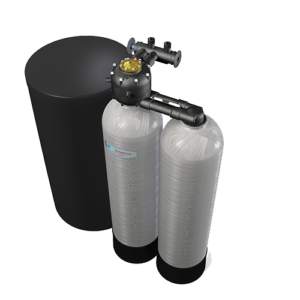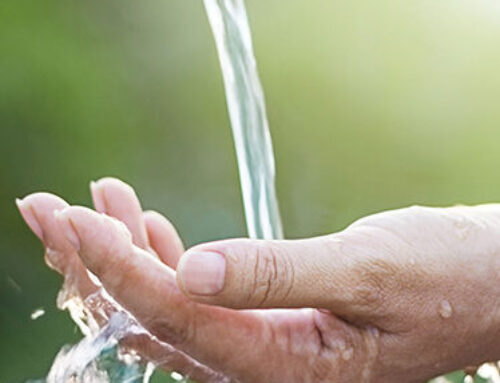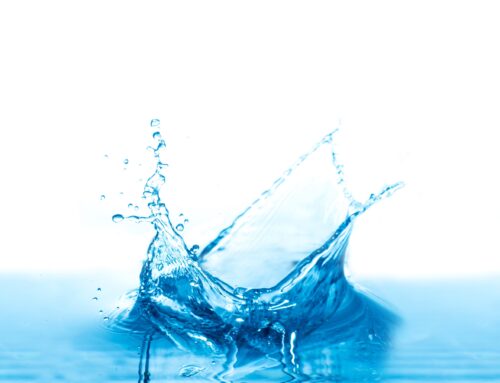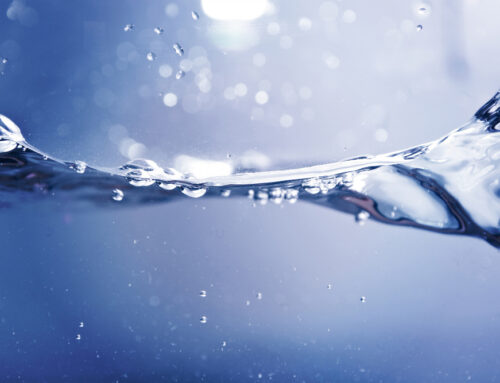Water is essential for life, but not all water is equal. Sometimes it needs a little extra help to be the best. That’s the time when water softeners and filtration systems enter. These two together are like a dynamic duo, working together to give you the cleanest water possible. Let’s enter into the world of water treatment and find out how these two systems can improve your water quality.
Understanding water softeners
Firstly, let’s talk about water softeners. Have you ever heard about hard water? It’s when your water has many minerals in it. These minerals mainly include calcium and magnesium. Such minerals can leave a mark on your dishes and faucets and also make your water taste weird.
All this doesn’t sound cool right? Water softeners can surely fix this. They remove those extra minerals from your water making it smoother and softer.
How water softeners work
Water softeners typically consist of a tank that’s filled with resin beads. These beads are charged with sodium ions. As water flows through this tank, the calcium and magnesium ions are attracted towards the resin beads. Here these ions are exchanged for sodium ions.
This process softens the water effectively, making it gentler on your skin, hair, and household appliances.
Benefits of water softeners
Clean water and happy you: Filtration systems remove things like dirt, bacteria, and chemicals from your water. It makes your water clean for drinking.
Scale prevention: By removing minerals like calcium and magnesium, water softeners prevent the build-up of scale in pipes and appliances. This helps to prolong the lifespan of your plumbing system as well as your appliances.
Tasty drinks for the day: Filtration systems will help your water taste better and fresher like it came from a clean mountain stream.
Cleaner surfaces: Softened water reduces the formation of soap scum and mineral deposits on surfaces. This results in cleaner dishes, fixtures, and laundry.
Healthy Hydration: Filtration systems make sure your water is safe to drink. This helps you to stay happy and healthy.
Improved Efficiency: Appliances like water heaters, dishwashers, and washing machines operate more efficiently with softened water. This issue is because now they are less prone to scale buildup and also require less energy to function.
Understanding Filtration systems
Let’s talk about filtration systems. Unlike water softeners that primarily target minerals, filtration systems are designed to remove a wide range of impurities and contaminants from water.
These contaminants include chlorine, viruses, bacteria, heavy metals, and other pollutants. Filtration systems use various methods, like physical filtration, chemical filtration, and biological filtration. This not only purifies water but also improves its quality.
Types of filtration systems:
There are various types of filtration systems available, each with its strength and capabilities.
- Reverse osmosis system: This system uses a semipermeable membrane to remove contaminants and produce clean and pure drinking water.
- Activated Carbon filters: These filters use activated carbon to remove impurities and chemicals. Thus improving the taste and odor of water.
- UV Disinfection system: These systems use Ultraviolet light to kill bacteria, viruses, and other microorganisms in water. This ensures safe drinking water.
Benefits of Filtration Systems
Contaminant removal: Filtration systems effectively remove a wide range of impurities from water, including sediments, chemicals, and microorganisms.
Improved Taste and Odour: By eliminating chlorine, sulfur, and other unpleasant substances, filtration systems enhance the overall quality of drinking water.
Health protection: These systems provide an additional layer of protection against waterborne pathogens, ensuring water is safe and free from harmful bacteria.
The Power of Integration:
While water softeners and filtration systems target different aspects of water quality, they are not mutually exclusive. Integrating both technologies can provide comprehensive water treatment solutions. These address a broad range of contaminants and enhance overall water quality.
By combining the scale prevention benefits of water softeners and the contaminant removal capabilities of filtration systems, homeowners can enjoy the benefits of clean and safe water for all their needs.
In Birmingham AL, where hard water is prevalent, investing in a combination of water softener and filtration systems is important. Fortunately, there are experts like Water Softener Birmingham who specialize in providing customized solutions to address the unique water quality challenges. By working with professionals who understand the local water conditions, homeowners can ensure that water is clean, safe, and optimized for their needs.







